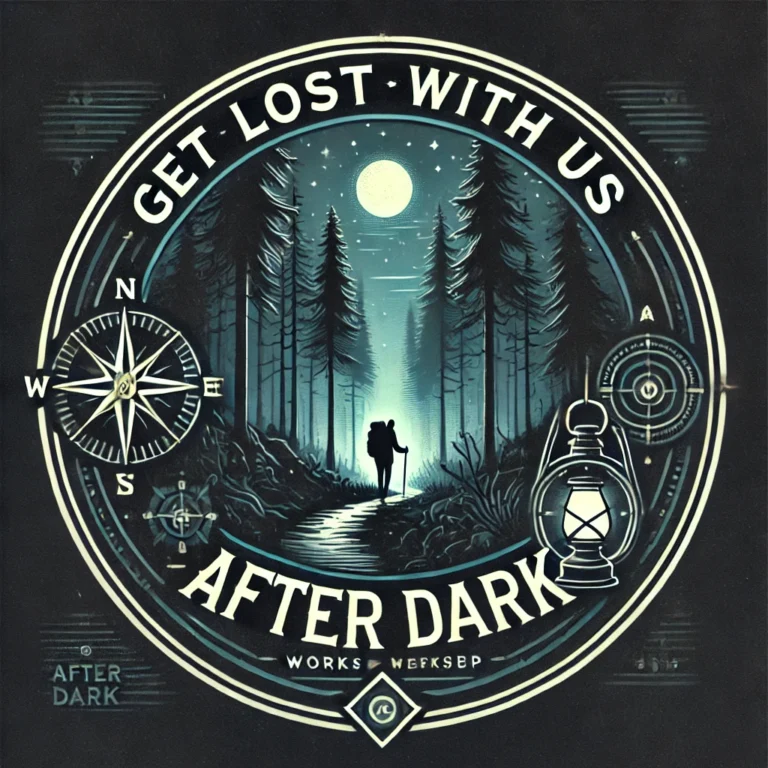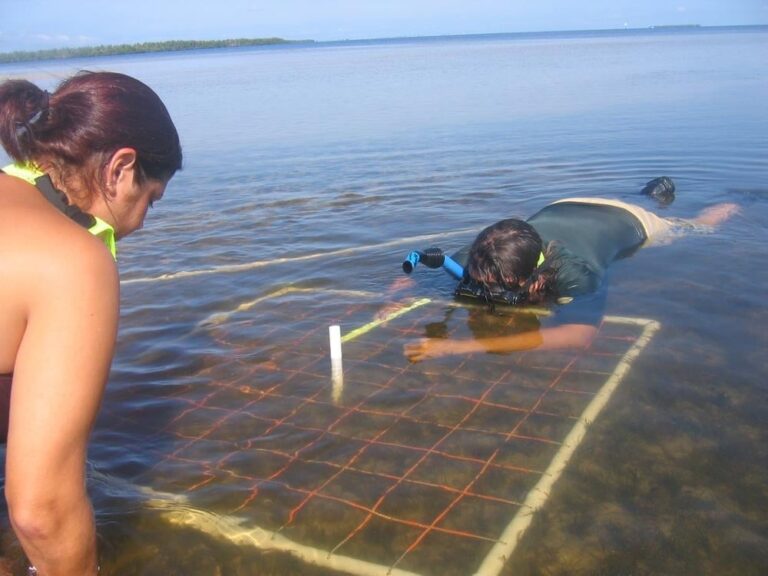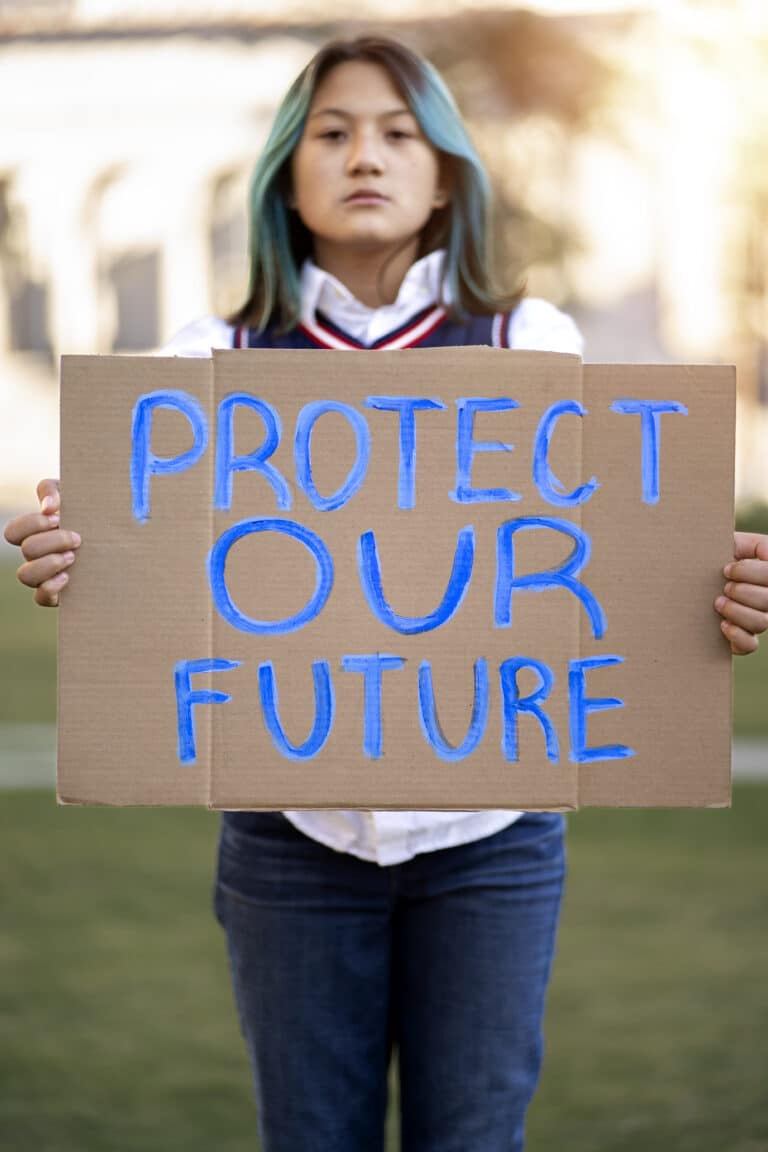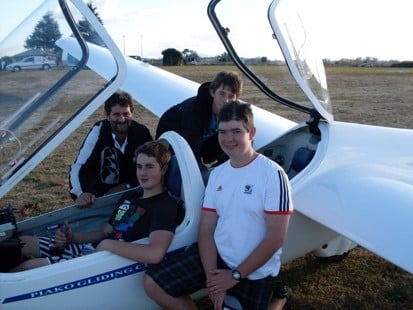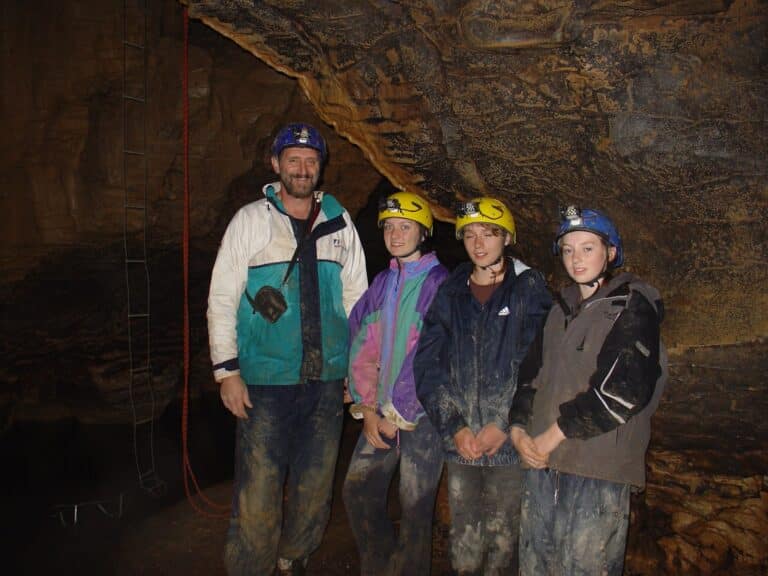Field-Based STEM are holding conferences around New Zealand, at the end of Term 4 (November / December).
Registrations are now being taken for the Auckland (North) Conference. You can see what is on offer below and by clicking on the ‘Book This Conference’ button below:

